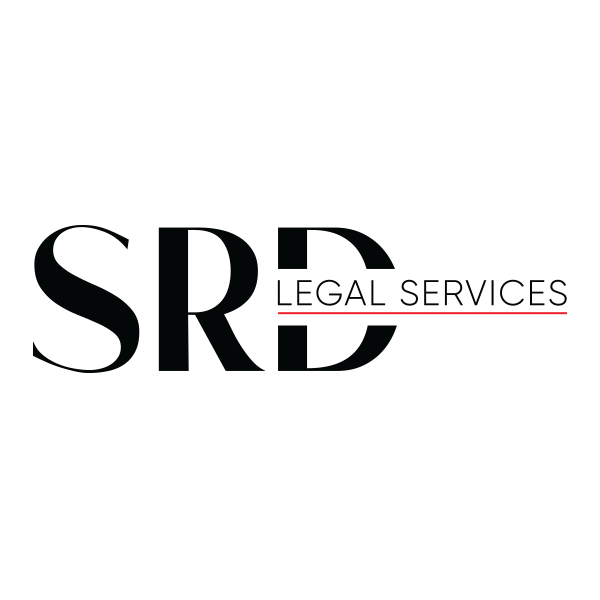We are doing some work on the website, please check back later.
Meanwhile, you can contact us on:
71 Innovation Drive Unit #3 Vaughan, ON L4H OS3

We are doing some work on the website, please check back later.
Meanwhile, you can contact us on:
71 Innovation Drive Unit #3 Vaughan, ON L4H OS3